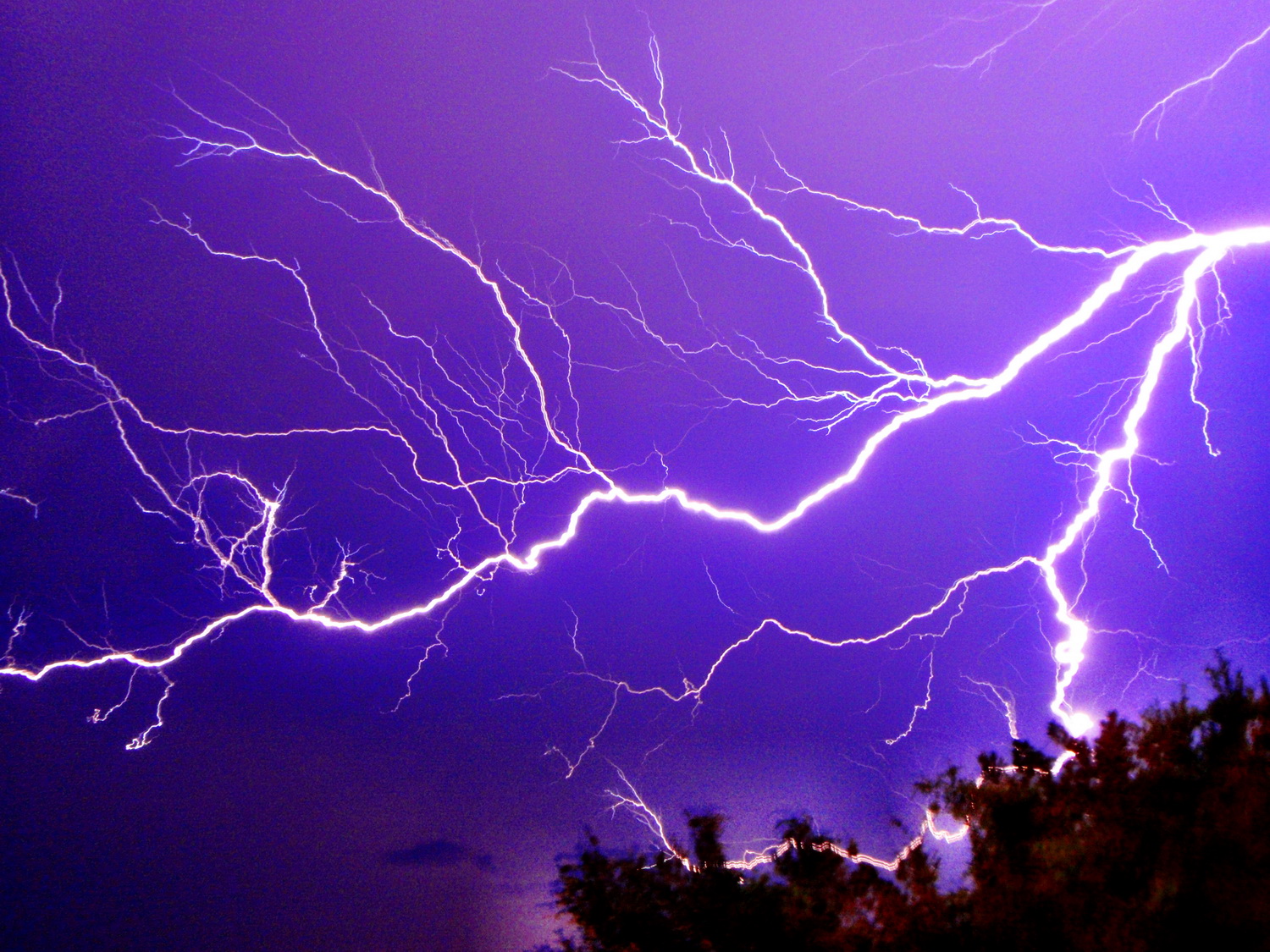Internet pioneer Paul Baran has died at his home in Palo Alto, Calif., of lung cancer, his son David said. He was 84
In 1961, engineer Paul Baran sold a communications method called “packet switching” to the U.S. Department of Defense. It became the foundation of Arpanet, which was the foundation of the Internet and is still the way e-mails are delivered to your inbox, today.
He called his original idea “hot-potato routing” which didn’t really go down well with his fellow techies because it was too easy to understand. When the name was changed to data packaging it took off.
Baran was an employee of the RAND Corporation in the 1960s, where he managed to come up with the first “packet switching network,” that functions by grouping together data of any kind into different information blocks known as “packets.” These packets can then be transferred from computer to computer, and upon this building block is how the Internet was built. Isn’t it ironic that Baran’s packet switching network concept was so advanced back in his day, that AT&T actually did not want to take up his ideas, claiming that it was impossible to create instead?
The Internet ultimately replaced Arpanet, and the packet-switching technology Baran explored remains at the heart of its internal workings.
He was also modest about his work. “The Internet is really the work of a thousand people,” Baran said in 2001.
It would be decades before the social and commercial possibilities of the technology would become clear, and Baran would miss out on a lot of the money and glory that came with it, but he was happy to live to see it happen, his son said in a telephone interview.
Vinton Cerf, one of the fathers of the internet and a longtime friend of Baran, has been reported on USENET newsgroups as stating that Baran wasn’t afraid to go in directions counter to what everyone else thought was the right or only thing to do.
Recently Baran showed his son a paper written in 1966 which speculated about what people would do with the telecommunication networks in the future.
In a “lunatic fringe idea” Baran apparently predicted that by the year 2000 that people would be using online networks for shopping and news.



